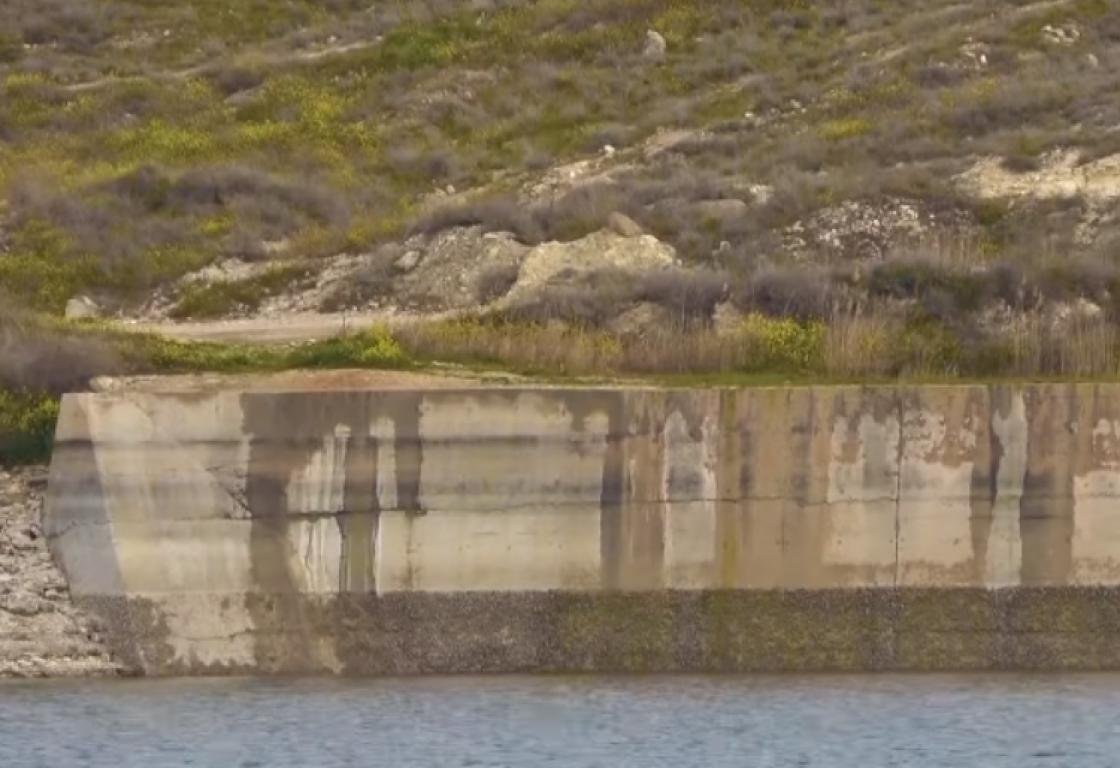ERBIL, KRG, Iraq (North Press) – The Iraqi Ministry of Water Resources revealed meetings and continuing official talks with Turkey, Iran, and Syria to resolve the water issue and come to an agreement during a period of water scarcity and lack of water supply.
“The supply of the Tigris and Euphrates rivers has decreased by 50% compared to last year,” ministry spokesman Ali Radi told North Press.
Radi hoped that “in two weeks, water flow will be increased immediately after the start of the summer plan, and water levels will rise in the Tigris and Euphrates rivers.”
Iraq depends mainly on the Tigris River and its tributaries, more than the Euphrates River, which is geographically shared by three countries, namely Turkey, Syria, and Iraq.
However, the significant decrease in the water level of the Euphrates River and its consequent consequences for the environment, health, agriculture, and services in the northern region of Syria foreshadow a similar disaster in Iraq as well.
Radi revealed that the ministry held a meeting with Syria and technically communicated with the Turkish side to agree on shouldering the burden caused by the lack of water due to the climate change, according to the agreement signed between the countries.
He pointed out that “there have been meetings with the Syrian side and contacts with Turkey and Iran in order to lay down the outlines and agree to share the damage in such circumstances.”
A few days ago, a joint ministerial meeting took place between the Iraqi Minister of Water Resources and his Syrian counterpart via a closed-circuit television, in which the water issue was discussed, according to what the spokesman said.
The head of the Iraqi Parliamentary Committee on Agriculture, Water and Marshlands, Salam al-Shammari, said earlier that “Turkey occasionally tries to use the water card to implement what it plans in the two countries of the Euphrates River in particular.”
The Tigris and Euphrates rivers originate from Turkey and go through Syrian territory, then to Iraq to flow into the Arabian Gulf, so they are considered international rivers in accordance with international norms and laws.
Radi added that during the meeting, “the Syrian and Iraqi sides emphasized coordination and unification of common positions between the two countries to demand the restoration of water flow in the Euphrates River in accordance with the agreements agreed upon.”

